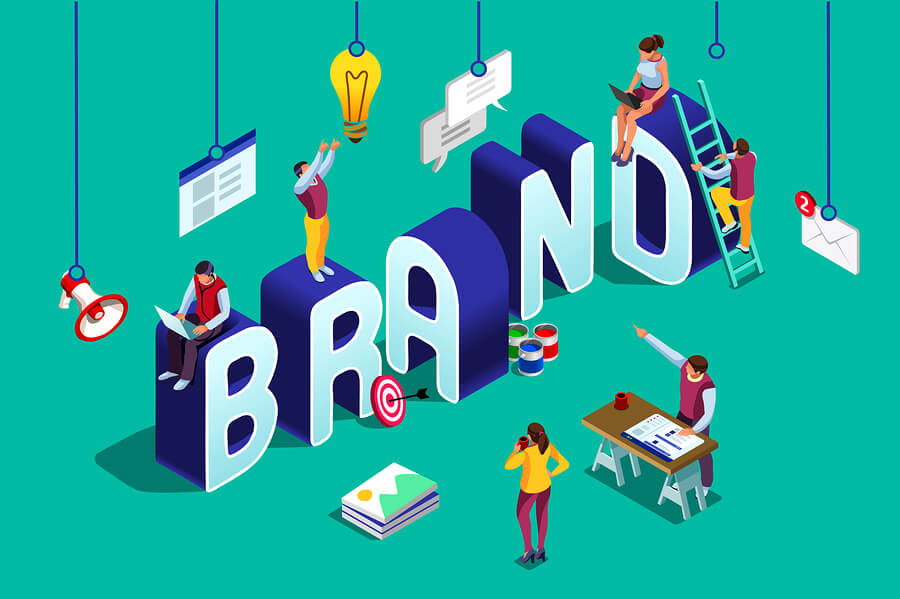What is Branding?
When you go out to your local shopping centre to buy a product you often get completely overwhelmed by all the different names that are used for what basically seems to be the same product. There is a very good reason for this and that’s because a business wants you to recognise its own brand.
When a company sets out for the first time marketing for example peanut butter with a secret ingredient no one knows the company so it chooses a name for the products it produces. This is so anyone who happens to choose the product and ends up liking it will be able to identify it again by its brand name.
If the brand name doesn’t seem a lot different from others the buyer will have difficulty differentiating products, so in the end the company won’t achieve much. It has to have a brand label that can be picked out easily. A brand name change may be necessary if a competitor chooses a similar type of branding.
Creating awareness through a brand name means an accurate translation
The more work a company puts into creating a brand and identity the more likely it is to create an awareness of it. For example, even without adding any additional language, Coca-Cola is familiar throughout the world. The brand defines itself through its red colour and the presence of the can or bottle to hold the liquid. This is certainly identity and branding revealing itself in the best way possible. What’s most important too is that when a brand is marketed overseas any slogans used may need a brand translation that correctly represents the brand. Slogans are hard to translate accurately unless an experienced human translator does the job and it’s not left in the hands of a machine translation tool.
There have been several incidences when poor translators have been used for a brand translation. This is mainly the result of a brand slogan being translated in a way that makes it culturally sensitive or even offensive. This sort of translation mistake can ruin a company’s brand and taint its reputation so a brand name change may be necessary.
Conclusion- Why Brand Translation is Important
Branding is one method of identifying a product to consumers so they know what the packaging and labelling looks like when they enter a store. When it comes to marketing overseas the company has to be very careful who it chooses to do a brand translation because it needs to be sure any translation fits the brand perfectly.







